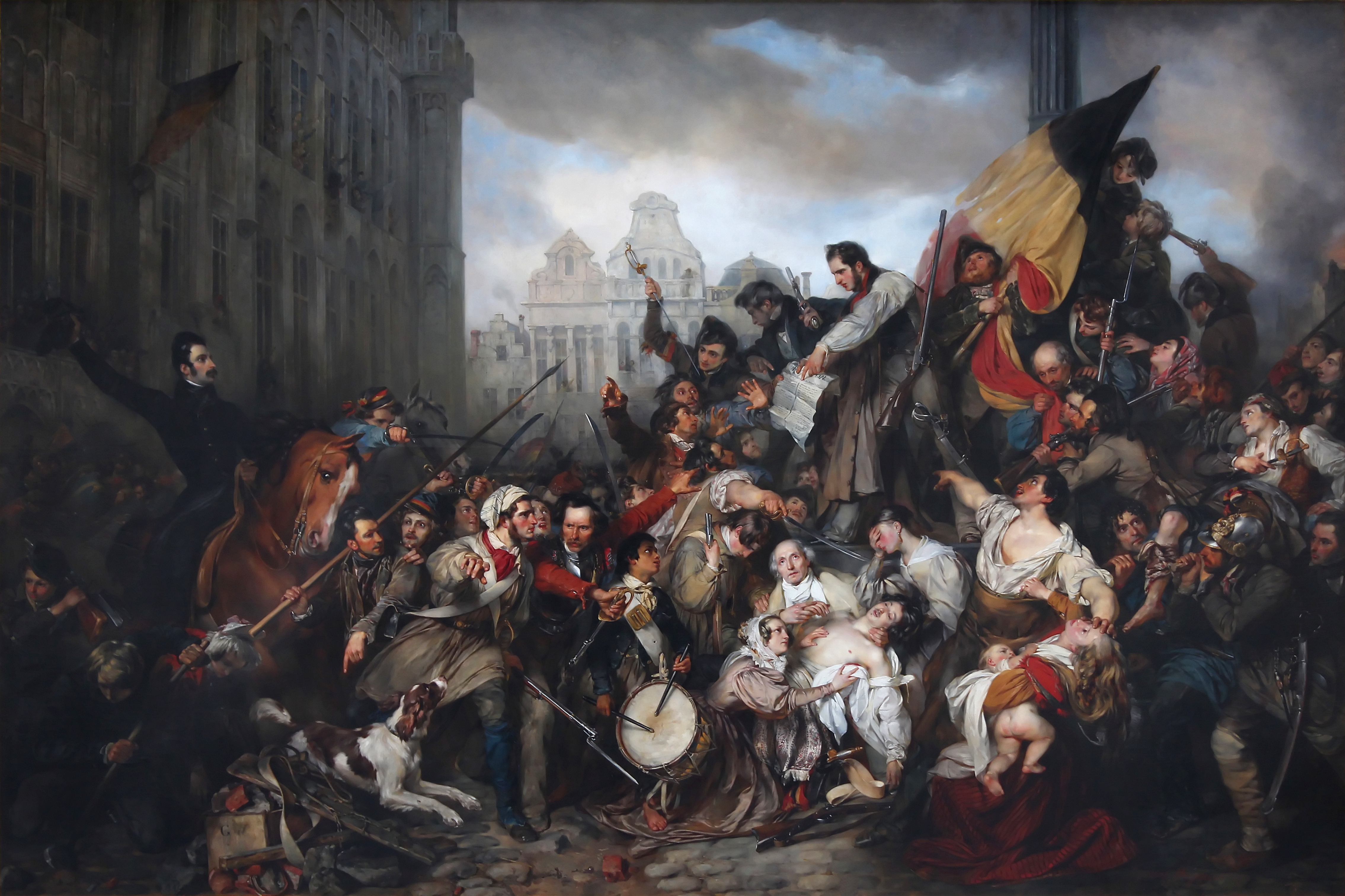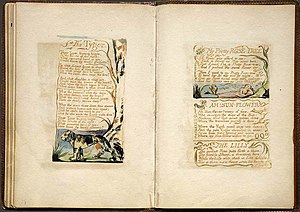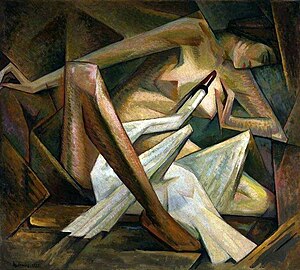TL;DR: This schedule is tentative and subject to change. This is a digital document; do not print. Students are responsible for getting updates. |
This schedule represents the ideal outline for our study this semester. Yet, like all best-laid plans, we may not be able to keep up with our agenda. Please be flexible and try to look and read ahead whenever possible.
We will do our best to stick by this schedule, but I will inform you verbally, via an email, and/or a literal change to the schedule below whenever there is a deviation. Getting these updates is solely your responsibility. Therefore, this schedule is tentative and subject to change contingent upon the needs of the students and the professor, and dictated by time and other constraints which may affect the course. For face-to-face classes, this schedule reflects only an overview of the assigned reading and other major course assignments. It may not indicate specific class session assignments or activities. Specific in-class assignments may not be reflected on the schedule.
Each week of this class has its own unit or lesson corresponding to a literary movement. Each week is divided into daily work that contain readings (with the occasional reading quiz) and writing. Each week concludes with a test on the materials covered. The following is a general overview of the schedule.
Daily Work
As this is a session course and time is limited, here’s how I recommend your proceed: work every day. Put aside at least an hour on every class day, and
- Read the primary texts (these are assigned below in individual class days) taking notes as you do, maybe highlighting passages that speak to you in some way;
- Read some secondary texts: i.e., do some research on at least one of the texts, being sure you understand the major themes, symbols, etc.;
- Write a response on what you think about the text(s), supporting it with evidence from both the primary and secondary texts. I give some suggestions below for potential responses, but these are really up to you. You should write a minimum of two posts per lesson (or week).[1] A day is set aside each week for your unit tests and responses. You should have your responses done before then, so that day may be devoted to the test.
The idea here is that you engage with the course materials in a consistent way. Not all of it will speak to you, and that’s fine. However, you must actively engage the materials and show that engagement in your weekly work.
Schedule
| Date | Assignment |
|---|---|
| The Early Romantic Period | |
| 6 October | Introduction to Romanticism
|
| 7 October | William Blake
|
| 8 October | William Wordsworth
|
| 11 October | Mary Wollstonecraft Shelley
|
| 12 October | Test #1 and Response |
| The Late Romantic Period | |
| 13 October | George Gordon, Lord Byron
|
| 14 October | Percy Bysshe Shelley
|
| 15 October | John Keats
|
| 18 October | Elizabeth Barrett Browning
|
| 19 October | Test #2 and Response |
| The Victorian Period | |
| 20 October | Introduction to Victorian Literature
|
| 21 October | Alfred, Lord Tennyson
|
| 22 October | Robert Browning
|
| 25 October | Oscar Wilde
|
| 26 October | Test #3 and Response |
| Victorian / Edwardian / World War I | |
| 27 October | Introduction to the Twentieth Century
|
| 28 October | Rudyard Kipling
|
| 29 October | E. M. Forster
|
| 1 November | Rupert Brooke
|
| 2 November | Test #4 and Response |
| Modernism | |
| 3 November[2] | William Butler Yeats
|
| 4 November | T. S. Eliot
|
| 5 November[3] | W. H. Auden
|
| 8 November | Virginia Woolf
|
| 9 November | Test #5 and Response |
| World War II / Postmodernism | |
| 10 November | Philip Larkin
|
| 11 November | Nadine Gordimer
|
| 12 November | Margaret Atwood
|
| 15 November | Salman Rushdie
|
| 29 November | Ishiguro
|
| 30 November | Test #6 and Response; Short Lit Crit Response due |
notes
| 🕒 08-10-2021 | 📆 Make an Appointment | 💬 Ask a Question | 📣 Leave Feedback |







